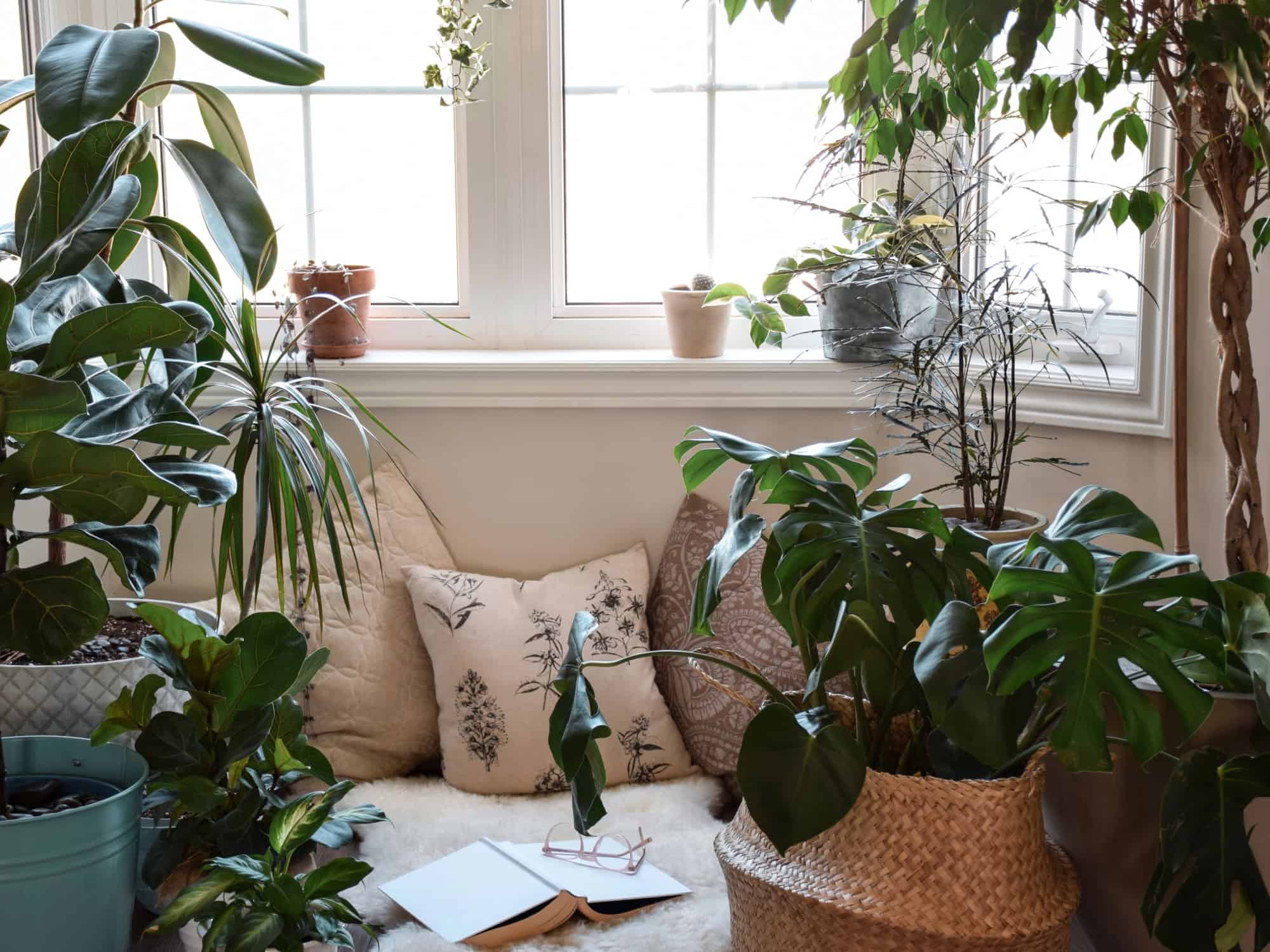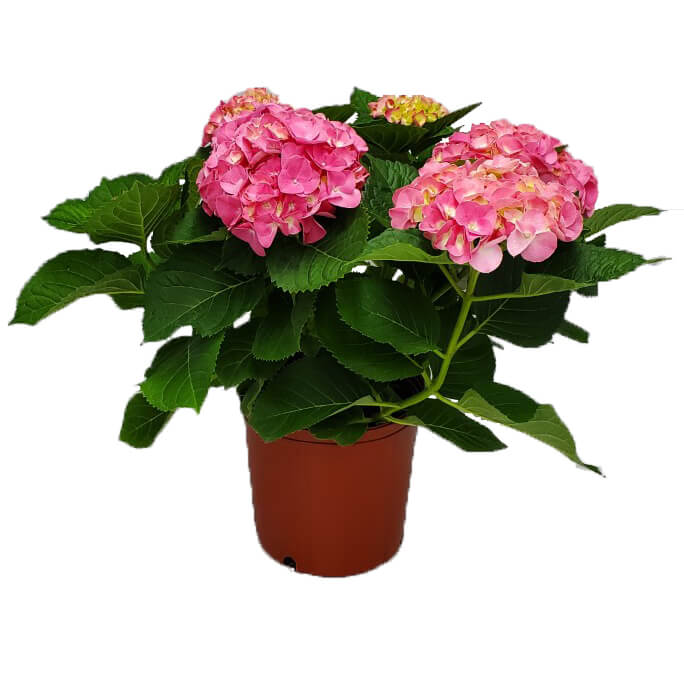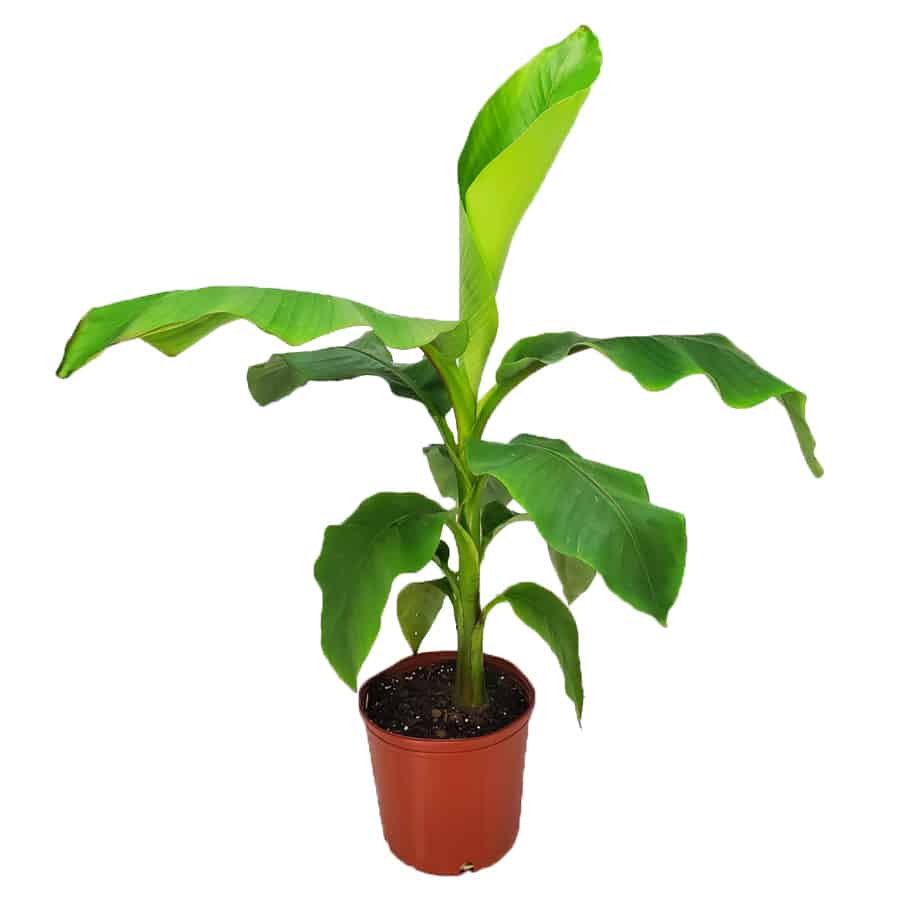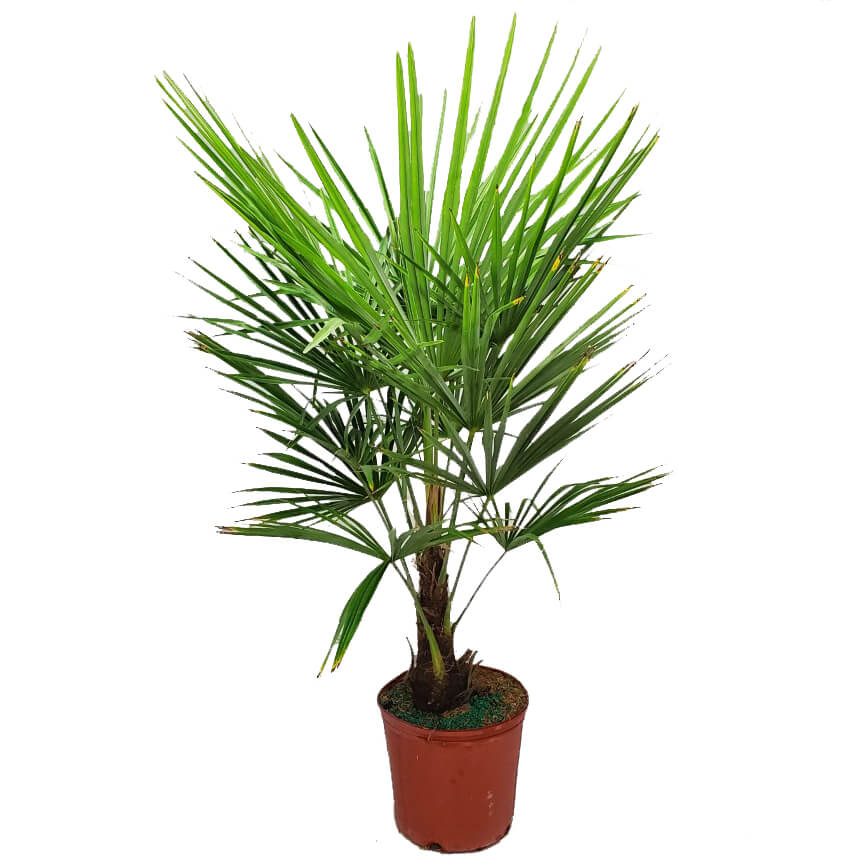Can Tropical Plants
Survive Winter?
Tropical plants grow well in warm, sunny weather. However, when temperatures drop, many gardeners worry. This begs the question, can tropical plants survive winter? If you live in a place with mild winters like Florida, you might have some flexibility. However, for areas that experience colder temperatures, keeping your tropical plants alive through winter requires a bit of effort. This guide will show you how to protect and care for your tropical plants during the colder months so they can flourish when warm weather returns.
Why Tropical Plants Struggle in Cold Weather
Tropical plants are adapted to warm climates and cannot handle freezing temperatures. Prolonged exposure to the cold can damage or kill them. However, if you live in a colder region, you can still help your tropical plants survive winter by bringing them indoors and giving them proper care.
How Cold Can Tropical Plants Tolerate?
Tropical plants generally struggle in temperatures below 50°F. Many tropicals are highly sensitive to cold, with frost being especially harmful. However, some plants like succulents and cacti can tolerate slightly cooler temperatures for short periods. If temperatures dip into the 40s, your tropical plants may show signs of stress, such as leaf yellowing or wilting.
For most tropical plants, exposure to temperatures below 40°F can be dangerous, and freezing conditions (32°F or lower) are often fatal. To keep them safe, it’s important to move them indoors or into a warmer, sheltered area if you’re expecting cold weather.
If you live in a mild winter climate like Florida, where temperatures rarely dip below 50°F, you may not need to bring your plants indoors as early, but always keep an eye on weather forecasts and be prepared to act when necessary to help your tropical plants survive winter.
The most effective way to help your tropical plants survive winter is to bring them inside before the first sign of frost. Tropical plants, like banana trees, elephant ears, and hibiscus, are happiest in temperatures above 50°F. As the weather cools, check the forecast and move your plants indoors before nighttime temperatures drop below this level.
Before bringing your tropical plants indoors, inspect them for pests like ants, aphids, and other insects. Spray the leaves and soil with insecticidal soap to ensure you’re not bringing any unwanted guests into your home.
If your plant has outgrown its container, repot it in a larger one with fresh soil. This will give it more room to grow indoors and ensure proper drainage, which is crucial for the health of tropical plants.
Tropical plants need sunlight, even indoors. Find a bright window that gets plenty of sunlight, especially for flowering plants like hibiscus and mandevilla. If your home doesn’t get enough natural light, consider using artificial grow lights to keep your plants happy.
Tropical plants thrive in humid conditions. When bringing them indoors, keep the air around them moist by misting the leaves regularly or placing a tray of water near the plants. This is especially important for plants like jasmine and bougainvillea that prefer higher humidity levels.
6. Fertilize Sparingly
While indoors, tropical plants won’t grow as much as they do in summer, so reduce fertilizing. Use a diluted, water-soluble fertilizer at half strength every few weeks, or try using compost tea. Remember, less is more during the winter months.
Can Tropical Plants Grow Indoors?
Yes, tropical plants can grow indoors, but they require the right conditions to thrive. Many foliage plants, such as philodendrons, crotons, and monsteras, are particularly well-suited to indoor life. These plants adapt to lower light levels and can continue to grow, though at a slower rate, during the winter months.
Flowering tropical plants like hibiscus, jasmine, and mandevilla can also grow indoors, but they need a lot of light. Make sure they get several hours of bright sunlight each day or use grow lights to supplement natural light. Maintaining the right humidity level is also key to their success indoors. If the air in your home is too dry, consider using a humidifier or misting the leaves regularly.
With proper care, tropical plants can survive and thrive indoors. They can bring a touch of the tropics to your home, even in the coldest months.

FAQs About Tropical Plants
Surviving Winter
Can all tropical plants survive winter indoors?
Not all tropical plants grow well indoors. However, many foliage plants can adapt. Philodendrons, elephant ears, and schefflera are good examples. Flowering tropicals like hibiscus or mandevilla need more care and light, but you can help these tropical plants survive winter with the right environment.
Do I need to prune my tropical plants before bringing them indoors?
Yes, pruning your plants can help reduce leaf drop when they adjust to indoor conditions. Trim back about 25-50% of the plant to make it easier for them to adapt to lower light levels.
How often should I water tropical plants in winter?
Water your plants when the top inch of soil feels dry. Be cautious not to overwater, as plants indoors tend to use less moisture than they do outdoors.
What should I do if my tropical plant starts losing leaves?
Leaf drop is common when tropical plants transition indoors. As long as you’re providing enough light and proper care, the plant will adjust and produce new leaves in time.
FAQs About
Tropical Plants of Florida
Does Tropical Plants of Florida sell cold hardy tropicals?
Yes! Here are some favorites:
-
Banana Basjoo
From $34.99 This product has multiple variants. The options may be chosen on the product pageRated 4.98 out of 5 -
Windmill Palm
From $54.99 This product has multiple variants. The options may be chosen on the product pageRated 4.89 out of 5
What is Tropical Plants of Florida?
Tropical Plants of Florida is a family owned and operated plant nursery in the heart of South Florida. We grow a wide variety of tropical plants perfect for indoor or outdoor use depending on your climate. We ship our large, high-quality plants directly to your door so everyone can enjoy them, no matter your location!
Can you help me choose the right tropical plants for my garden?
Absolutely! We help clients choose the best tropical plants based on their location, space, and specific climate needs. We typically respond within 24 to 48 hours. Please contact us here.
Does Tropical Plants of Florida offer delivery?
Yes, we offer delivery services for all our tropical plants across the 48 contiguous United States.



